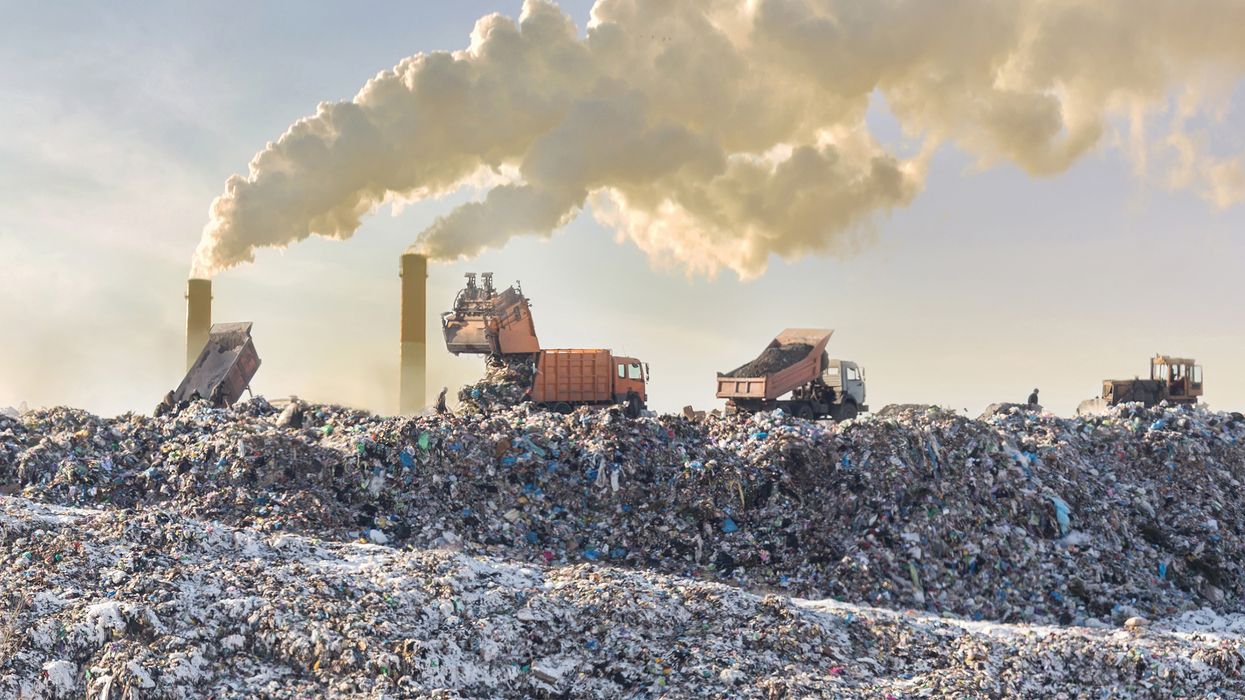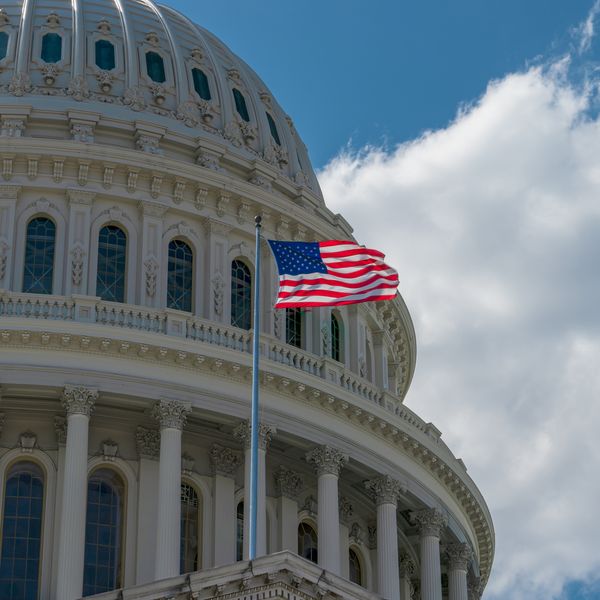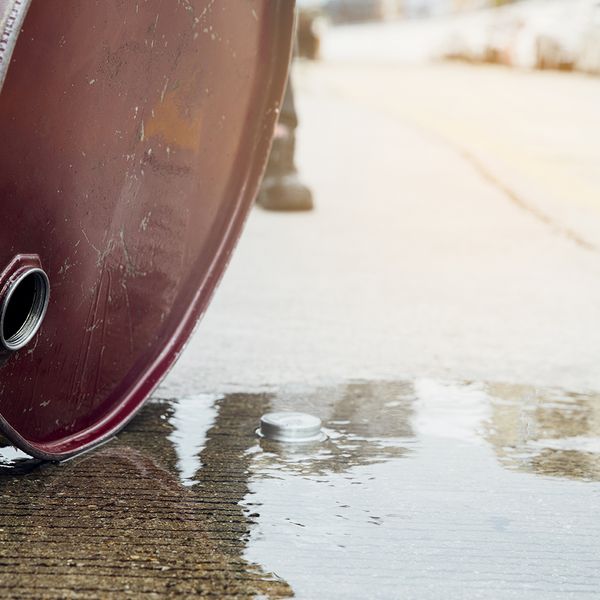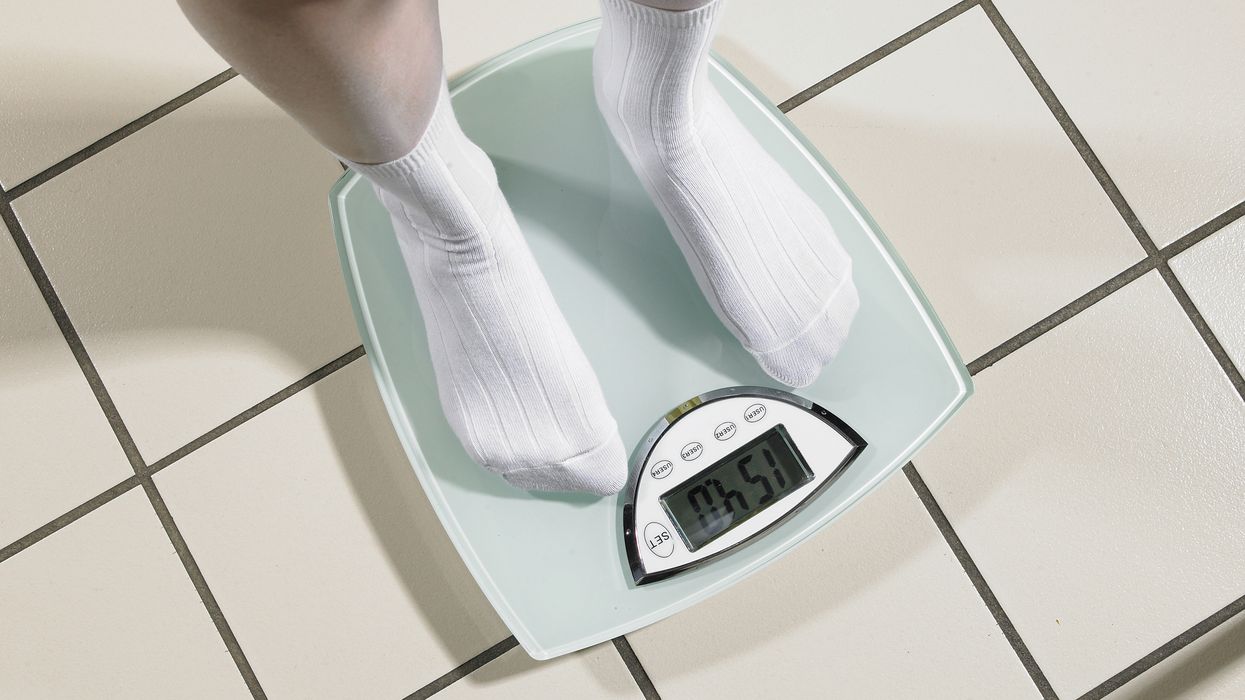Waste associations pursue relief from CERCLA liability for PFAS
On May 10, 2022, the National Waste & Recycling Association (NWRA) along with the Solid Waste Association of North America (SWANA) sent a letter to the leadership of the Senate Environment and Public Works, House Transportation and Infrastructure Committee, and House Energy and Commerce Committee. The letter asked Congress to give the municipal solid waste (MSW) industry a slight exemption from specific provisions of the Comprehensive Environmental Response, Compensation, and Liability Act (CERCLA) when it comes to per- and poly-fluoroalkyl substances (PFAS).
The establishments are concerned with who will be held liable with the Environmental Protection Agency’s proposed rule of designating certain PFAS as hazardous substances under CERCLA. The final rule is expected in the summer of 2023. This designation would require facilities nationwide to report on certain PFAS releases that meet or exceed reportable quantities set for those substances.
NWRA and SWANA argue that landfills neither manufacture nor use PFAS. But rather they get discarded materials with PFAS and thus they believe they should not be held financially liable under CERCLA for PFAS contamination. They go on to discuss how removing PFAS from landfill leachate necessitates technical treatment methods which are quite costly. NWRA and SWANA estimate the implementation of this would incur national costs of roughly $966 million to $6.279 billion each year for the solid waste industry.
The problem lies in the fact that CERCLA as it currently stands, imposes liability on parties responsible for, altogether or in part, the existence of hazardous substances at a location. The liability is considered joint and several under CERCLA. Any single potentially responsible party (PRP) may be held liable for the cleanup of the site overall. Liable parties include current owners and operators of a facility, past owners and operators at the time the wastes were disposed, generators that arranged for the disposal or transport of the substances, and transporters. If a PRP sent some amount of the hazardous waste found at the site, that party is liable. So even if MSW landfills did not manufacture the PFAS, they could still be liable with the proposed designation of defining PFAS as hazardous substances. NWRA and SWANA are ultimately suggesting a shift in liability.






















































